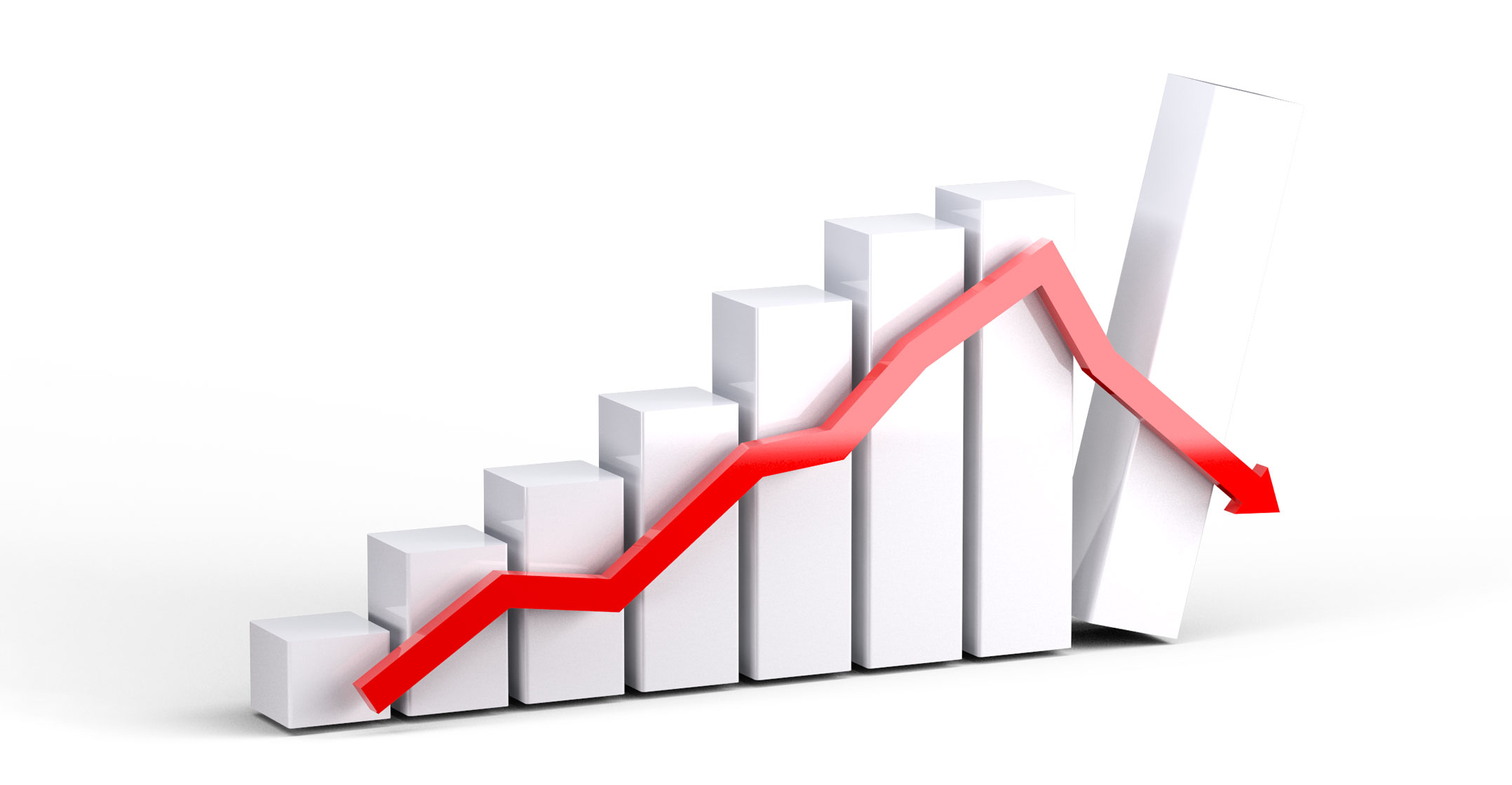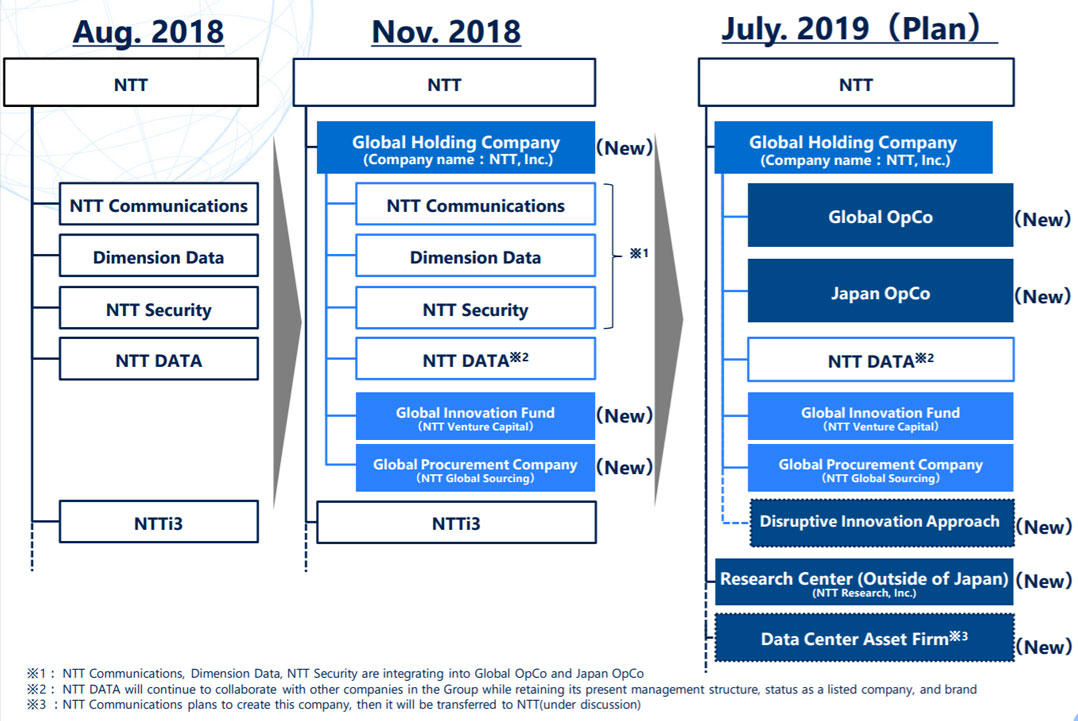 It’s not even the end of the first quarter and already there’s a plethora of once-significant South African companies that have either collapsed or had their share prices hit the wall.
It’s not even the end of the first quarter and already there’s a plethora of once-significant South African companies that have either collapsed or had their share prices hit the wall.
The likes of sugar producer Tongaat Hulett, technology provider EOH, Blue Label Telecoms and Aspen Pharmacare have lost billions in value, sending tremors through a South African market that was still reeling from the shock of retailer Steinhoff International’s more than 90% plunge since December 2017.
The latest in the sorry line-up was construction company Group Five, which went into administration on Tuesday after running out of funding.
While property and construction have suffered some of the worst declines this year, the malaise isn’t limited to those industries. From technology to telecommunications, retailers, consumer goods, agriculture, education and financial services, South African companies are battling with crippling unemployment levels, plummeting business confidence, instances of corporate malfeasance and a lifeless economy that expanded just 0.8% last year.
And it’s not just about economic indicators. The property firms? There’s deep uncertainty about land rights in South Africa as President Cyril Ramaphosa moves toward changing the law to clarify when the state can expropriate land without compensation. For construction companies? Years of mismanagement, corruption and under-spending on state infrastructure have left builders without enough things to build. In the background, of course, there are consumers who are shopping less and straining under increased taxes.
Eskom tariff hikes
South Africa’s economy is forecast to expand 1.7% this year, according to the central bank and national treasury, but that figure was produced before higher-than-estimated tariff increases were announced for cash-strapped power utility Eskom.
One ray of hope is the soaring palladium price. That’s caused the shares of companies such as Impala Platinum, Lonmin and Anglo American Platinum to outperform most stocks on the 165-member FTSE/JSE Africa All Share Index this year. It’s just a shame that the mining industry in South Africa, once the world’s biggest gold producer, makes up less than 10% of the country’s GDP these days.
 While the mining counters have helped the Johannesburg bourse climb more than 5% this year, that’s less than the gains by exchanges from New York to London, Tokyo and Hong Kong. There’s an adage in Afrikaans that says “local is lekker”, meaning home is great, but so far this year, local isn’t very lekker at all. — Reported by Renee Bonorchis, (c) 2019 Bloomberg LP
While the mining counters have helped the Johannesburg bourse climb more than 5% this year, that’s less than the gains by exchanges from New York to London, Tokyo and Hong Kong. There’s an adage in Afrikaans that says “local is lekker”, meaning home is great, but so far this year, local isn’t very lekker at all. — Reported by Renee Bonorchis, (c) 2019 Bloomberg LP




